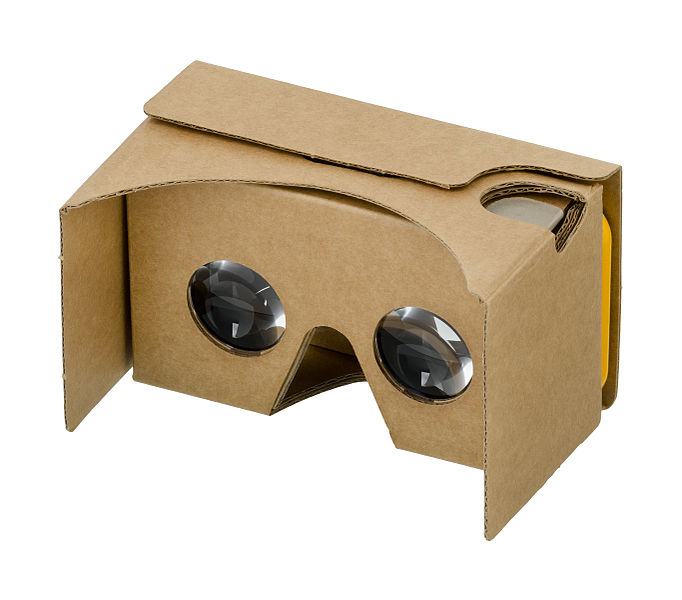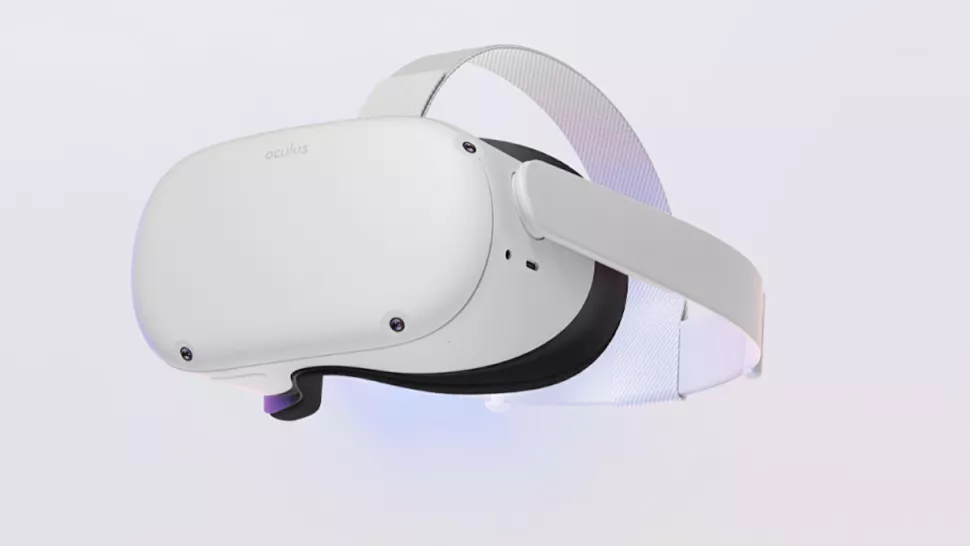Oculus Quest 2 vs Google Cardboard
When you compare the Google Cardboard to the Oculus Quest 2 you can see which VR Headset is better. Let's take a look of the comparison, and see which model of VR Headset out ontop.
What VR Headset is better?
When it comes to comparing virtual reality headsets, the Google Cardboard and the Oculus Quest 2 are two of the most popular options available on the market. Both products offer different features that cater to a variety of needs, but how do they stack up against each other?
Let's start with the Google Cardboard. This headset is a smartphone-based VR solution, meaning you simply insert your phone into the headset for an immersive experience. It has an 80° field of view and 1440 x 1280 pixel resolution, as well as support for Android and iOS operating systems. Its 360 tracking capabilities make it easy to move around in virtual space, while its 60 Hz refresh rate ensures smooth performance when playing VR games or apps. The main advantage of this headset is that it's relatively affordable and portable compared to other models. On the downside, since it uses your phone as its display unit, its visuals aren't quite up to par with higher-end models.
The Oculus Quest 2 stands out from other VR headsets due to its standalone design – meaning no need for a separate PC or console connection – while still offering room scale capabilities with 360 degree tracking sensors and 1832 x 1920 pixels resolution at 97° field of view . Powered by Qualcomm Snapdragon XR2 processor and running on Android 10 operating system , this device also offers higher refresh rate than Google Cardboard at 72 Hz which makes all gaming experience more fluid . Though more expensive than Google Cardboard, it does come equipped with several features like built-in speakers , head straps , Guardian system (for setting play area boundaries) which add value to purchase . Furthermore , not needing any external devices such as phones or PCs reduces hardware costs even further . All these advantages make Oculus Quest 2 a great choice for those looking for a quality VR experience without spending too much money on gaming rigs or expensive TVs .
In conclusion , if you are looking for something inexpensive yet reliable then you should go with Google Cardboard but if you want something that can provide immersive experiences similar to high end rigs then I'd recommend Oculus Quest 2 as your top choice among all other vr headsets available in market right now.
Specs comparison between the two VR Headsets
| Google Cardboard | Oculus Quest 2 | |
|---|---|---|
| Overview | ||
| Brand | Meta | |
| Model Name | Cardboard | Quest 2 |
| Release Date | 2014 | 13102020 |
| Country of Origin | United States | United States |
| Category | Smartphone VR | Standalone VR |
| Battery Life | 3 h | |
| Display | ||
| Field of View | 80° | 97° |
| Resolution | 1440 x 1280 px | 1832 x 1920 px |
| Refresh Rate | 60 Hz | 72 Hz |
| Display Type | Depends on the smartphone | LCD |
| Minimum Requirements | ||
| Operating Systems | Android,iOS | |
| Sizing | ||
| Weight | 96 g | 503 g |
| Dimensions | 90 × 55 × 150 mm | 192 x 102 x 143 mm |
| Features | ||
| Room Scale? | YES | |
| 360 Tracking? | YES | YES |
| Positional Tracking? | No | |
| Front Camera? | No | |
| Eye Tracking? | No | |
| Usable with Glasses? | YES | YES |
| Cooling System | No | |
| Built in Headphones? | No | |
| Built in Microphone? | No | |
| Flip Visor? | No | |
| Voice Command? | No | |
| IPD Adjustment? | YES | YES |
| Lens to Eye Adjustment? | No | |
| USB? | No | YES |
| MicroUSB? | No | |
| Display Port? | No | |
| Mini Display Port? | No | |
| HDMI? | No | |
| MicroSD? | No | |
| Bluetooth? | No | |
| Wifi? | No | |

